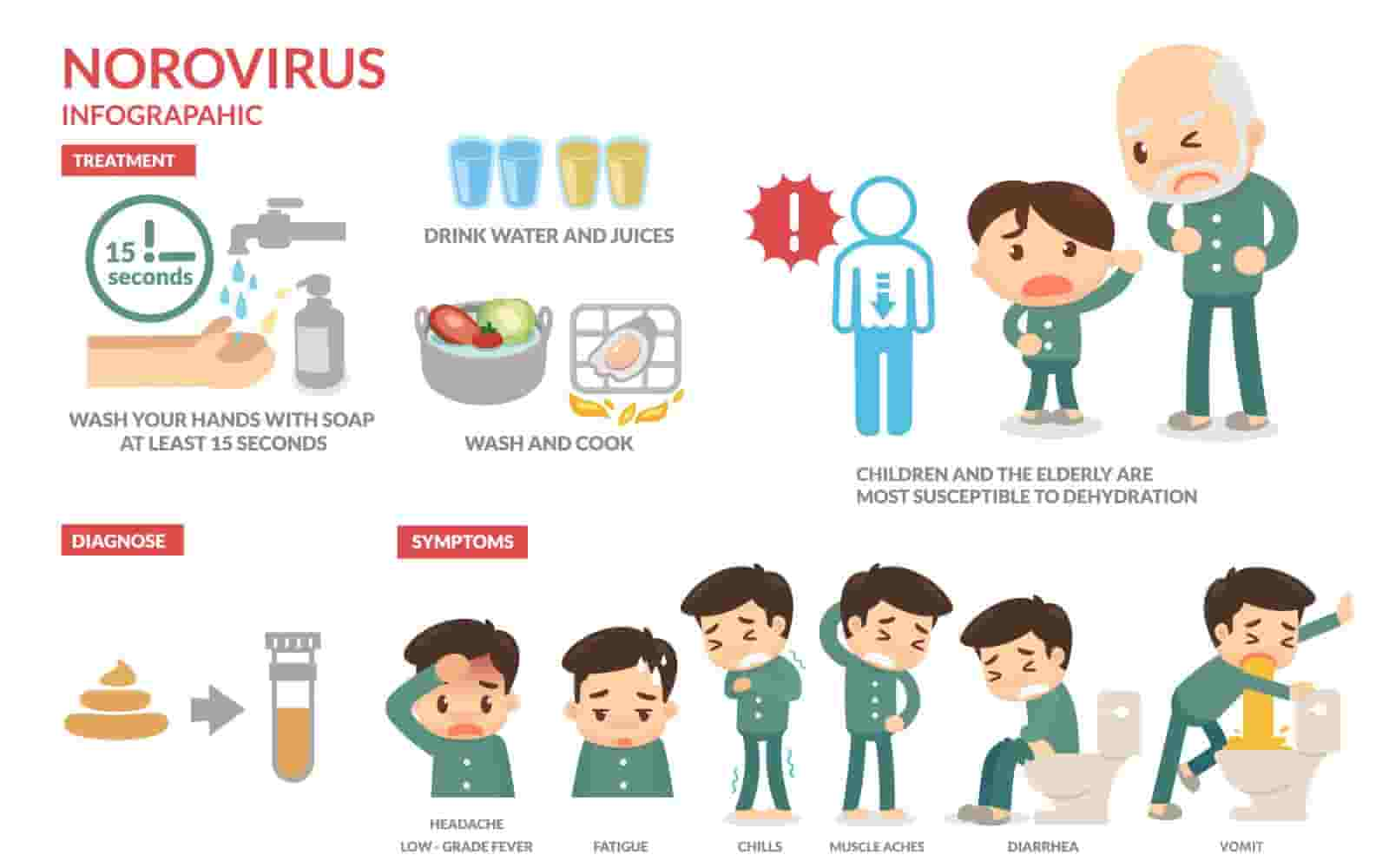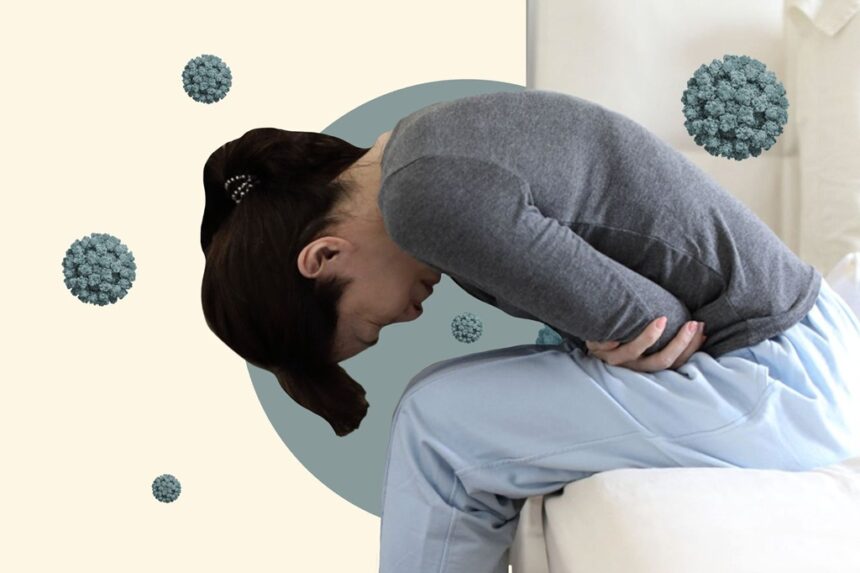A virology expert is asking the public to remain calm and not be concerned after recent social media posts reported a Norovirus outbreak in Thailand. The expert dismisses the posts as a hoax.
In a Facebook post, Dr. Yong Poovorawan, head of Chulalongkorn University’s Centre of Excellence in Clinical Virology, urged the public not to be concerned about the disease, stating that the center has been studying various forms of the virus for over ten years and is well-aware of the wide range of the virus.
He stated that while Gastroenteritis outbreaks are typical during the cooler months, enhanced hygiene standards during the COVID-19 epidemic dramatically reduced their occurrence.
Dr. Yong reacted to social media accusations that a severe Norovirus outbreak hit Thai schools in November, stating that the outbreak occurred in China, not Thailand and that the posts were Fake News.
“Every winter, outbreaks [of Gastroenteritis] occur more frequently, precisely as Rotavirus. “You should not be alarmed,” he stated.
Thailand’s Department of Health has also denied social media rumors of a Norovirus Thailand epidemic as “fake news.”
According to social media posts, 1,436 pupils and staff contracted the Norovirus in Rayong after participating in a sports day in early November. However, the Health Department stated that the individuals who became ill were infected with E-coli rather than the Norovirus.
The department also told the public not to fear because they could protect themselves against E. coli by practicing proper hygiene.
According to the Bangkok Hospital Website, Norovirus Thailand is a virus that induces inflammation in the gastrointestinal tract. It is highly contagious and can spread swiftly, even in small quantities.
Consequently, the rapid transmission of norovirus อาการ to food and water can result in diarrhea and vomiting.
This virus is prevalent during winter, readily transmissible in cold weather, and causes illness in children and adults.

Norovirus Symptoms:
Common symptoms if infected with norovirus within 24 – 48 hours include:
- Watery diarrhea
- Stomach pain
- Nausea
- Vomiting
- Headache
- Mild fever
- Body aches
- Fatigue
Diagnosis and Treatment
The diagnosis of norovirus infection can be made by collecting stool samples for special examination in the laboratory. If the infection is confirmed, doctors will treat the symptoms primarily. If the child has a good immune system, the condition will improve and recover within 2 – 3 days.
However, if the child becomes dehydrated, it may be compensated by drinking oral rehydration solutions or intravenous fluids, eating soft foods, or taking anti-vomiting and stomach pain medications. However, if the child has low immunity and severe symptoms, including constant diarrhea, immediate hospital admission and close medical supervision are highly recommended.
Related News:
Animal Control Declares Mae Sai a Rabies Zone

Geoff Thomas is an award winning journalist known for his sharp insights and no-nonsense reporting style. Over the years he has worked for Reuters and the Canadian Press covering everything from political scandals to human interest stories. He brings a clear and direct approach to his work.














